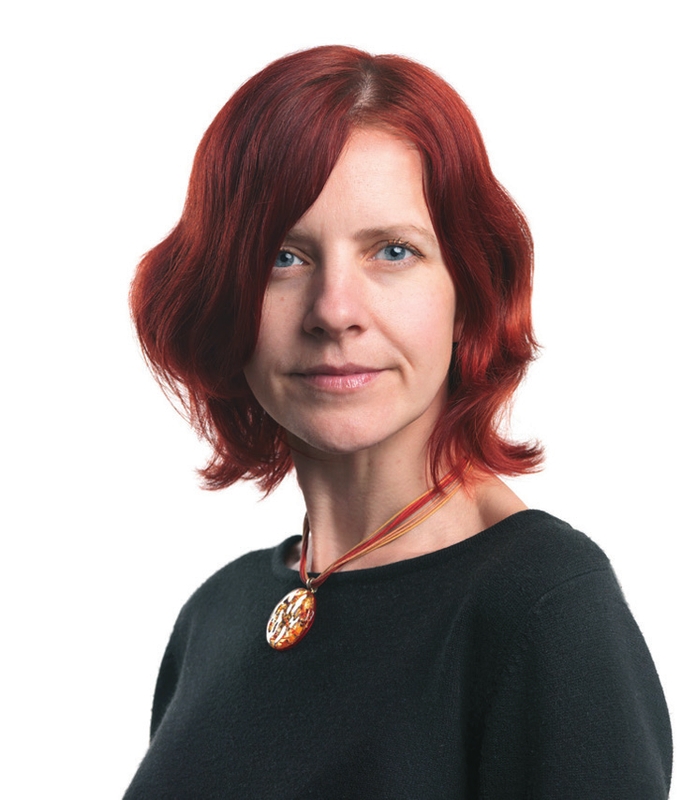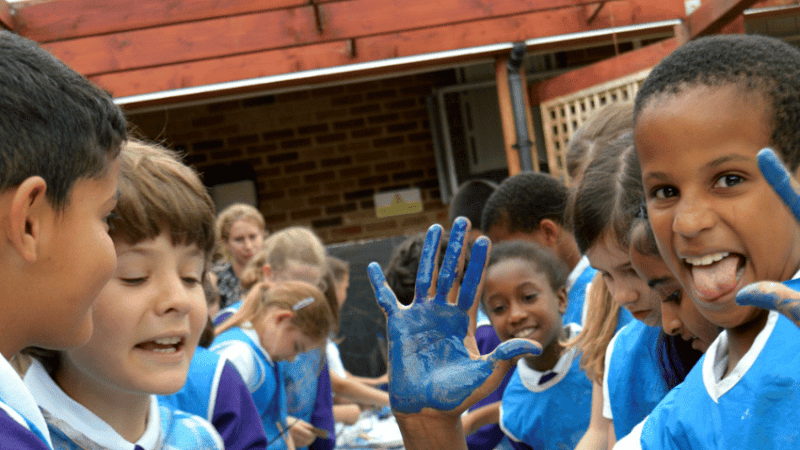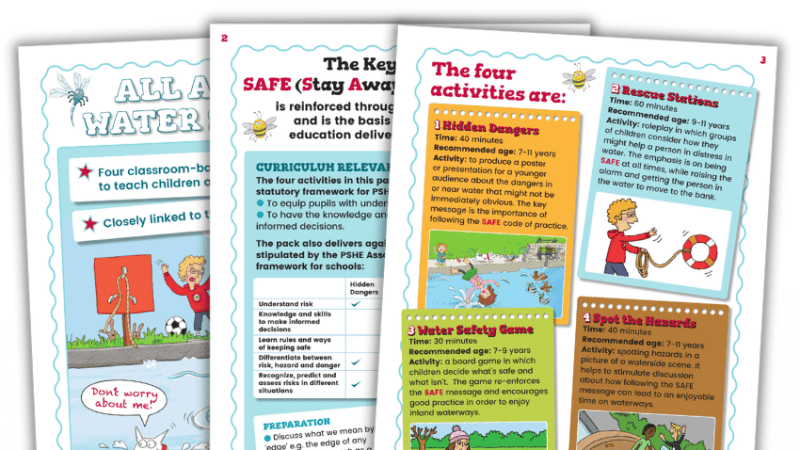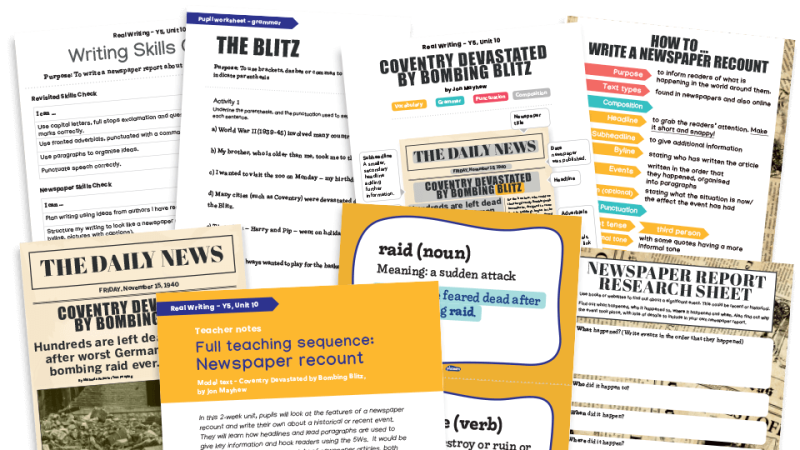8 Things we Learnt at researchED 2018

Helen Mulley rounds up the big takeaways from this weekend's big education conference…

- by Helen Mulley

I’ll be honest, my day at the researchED 2018 National Conference didn’t start brilliantly. Having left on time at 6.30am – and even managed a cup of tea before doing so – my travel intentions were thrown awry by the partial closure of the Central Line; something I foolishly hadn’t checked for when planning my journey.
I’m essentially a novice when it comes to getting around London, so instead of jumping on the nearest public transport offering, full of curiosity and enthusiasm and hoping I’d somehow discover the way by myself, I sought an expert, asked for direct instruction, and arrived at the Harris Academy with minutes to spare. Make of that what you will.
Like a conference pro, I had all my session choices carefully highlighted on a printout of the programme. All I needed now was a map of the campus, so I could work out where I needed to be for each one.
Unfortunately, a map of the campus wasn’t something the organisers had seen fit to include in any of the beautifully produced handouts available for delegates.
Instead, one of a small team of extremely charming people with lanyards explained that she and her colleagues would direct us. I couldn’t help but wonder how charming she would be by the start of session three…
Anyway, following Tom Bennett’s typically charismatic welcome speech in the sports hall (including an apology for the lack of map, plus an announcement of some room changes, at which point I realised that the programme I’d printed off the internet the day before, from the link I’d been sent by the organisers, used different room names from the one in the hard copy of the programme…) I managed to find my way to all the talks I’d marked on the list, albeit not for the start of most of them. And here are a few things I learnt along the way:
1 | Reading education research is a waste of time
Dr Gary Davies was an academic physicist before moving into teaching – and the difference between physics research and education research astounded him.
The trouble is, you see, with the latter there is no paradigm; no agreed body of knowledge or understanding. So you can pretty much publish anything.
At least 40 thousand education research papers are released to the public per year – and really, as Dr Davies pointed out in his session, teaching and learning isn’t that complicated.
Instead of getting sidetracked by poor-quality papers that are likely to send them down a blind alley, he argued, teachers should be focusing on cognitive psychology – looking at studies done on individuals or small groups, which tend to be more rigorous, credible and relevant; helping us to understand how humans learn.
From about six minutes in, there were some fairly robust challenges to Dr Davies’ arguments from the floor; ResearchEd audiences are not passive by nature…
2 | Coffee is the metaphor that keeps on giving
It was floor space only (and not much of it per rear) for Lucy Rycroft-Smith’s talk on her work with maths research for Cambridge Mathematics.
Essentially, her job is to communicate the latest findings to teachers, in a way that is genuinely meaningful and useful for them. To do this, she’s come up with Espressos – two-page summaries of research that can be easily enjoyed by educators; 14 of them have been produced so far, and they are definitely worth checking out.
It’s research, especially filtered for you… geddit?
She ran through some tasty examples, too – key takeaways: boys are more confident of their maths ability than girls; 12 and 8 are the trickiest times tables; and what teachers believe about maths, and what they do in the classroom are often two very different things…
3 | You can make kids do what you want them to
Two months into parenthood, and coming across as a slightly tired version of Dave Gorman, Harry Fletcher-Wood delivered an excellent session on using behavioural psychology to get people (including students) to do what you want them to do.
Make it EAST, he suggested: Easy, Attractive, Social and Timely. All around me, notes were being taken more furiously and copiously than in any other session so far that day. And my sons have no idea what’s coming…
4 | There’s a wrong way to roll up your sleeve
Jonathan Haslam, director at the Institute for Effective Education, asked why there are no ethical guidelines for teachers or schools, such as we have in the field of medicine.
After all, in education, we effectively experiment on children all the time – making changes to the way we deliver the curriculum, and what it contains, in the hope it will improve outcomes – and what we try is rarely based on sound research. Nor do we seek consent from our ‘subjects’; but should we?
This wasn’t a call to action, so much as an invitation to reflect, followed by a lively discussion.
And as a bonus, thanks to Haslam trying to find an image to illustrate the concept of ‘assumed consent’ in medicine, we discovered that there is, in fact, a right and a wrong way to roll up your shirt sleeve (although you had to be there, really – sorry).
5 | You probably don’t understand metacognition
It’s one of the most well-researched topics in education, explained Teach Secondary columnist Alex Quigley – now working at the Education Endowment Foundation – but there’s still a lot of confusion about metacognition in the classroom.
‘Thinking about thinking’ doesn’t cover it; it’s a clear process of planning for a task, monitoring it and evaluating it. And without knowledge, it can’t happen at all: knowledge of the task, knowledge of required and effective strategies, and knowledge of the self.
These are things that can, and should, be explicitly taught – not assumed to develop ‘organically’; and the EEF has guidelines to help you do just that.
“I just saw Alex Quigley on metacognition,” I heard a delegate say to a colleague as we moved towards the next session. “Finally – I actually understand it.” Now that’s feedback.
6 | Education research should simplify life at the chalkface
Mark Enser explained how engaging with education research has influenced his practice on the ground. Teaching is simple, he pointed out. But doing the simple things involved well, is complex.
However, that doesn’t mean we should over-complicate it. Research should make it easier to be better, and the best way to ensure this happens, he suggested, is to teach like no one’s watching.
Forget the inspectors; forget the observations; forget (gasp!) the parents. Just find what works for your classroom, your subject, your kids. And then do it. Simple.
7 | Amanda Spielman goes to conferences, too
… and if, like Teach Secondary favourite Ben Newmark, you call your session ‘Why are teachers afraid of Ofsted?’, then she’s quite likely to pop along to see what you’ve got to say on the subject.
Articulate and compassionate as ever, and apparently unflustered by having Her Majesty’s Chief Inspector sitting just a few feet in front of him, Ben painted a vivid picture of what it can be like to work in or lead a school that receives a poor Ofsted judgement – drawing from his own experience, and that of colleagues.
Some of the stories were, frankly, heartbreaking. I was especially looking forward to the Q&A session at the end of this one – there was only one, about the ‘audit’ culture; but then Amanda offered her comments, too, and spoke with her customary eloquence and sincerity about the changes she has made, and is making, at Ofsted.
All in all, this was a hugely satisfactory end to a fantastically rich and rewarding day of communal teaching, learning and discovery; and very much in the collaborative spirit of researchED itself.
8 | The devil’s in the detail
If you’re holding a conference in a school, with a choice of 17 session spaces at a time, all called things like F.UG2 or New Room – seriously, folk are going to need some signage. And a map.











